Political Elections →
→

- 29 Jan 2024
- Research & Ideas
Do Disasters Rally Support for Climate Action? It's Complicated.
Reactions to devastating wildfires in the Amazon show the contrasting realities for people living in areas vulnerable to climate change. Research by Paula Rettl illustrates the political ramifications that arise as people weigh the economic tradeoffs of natural disasters.

- 27 Nov 2023
- Research & Ideas
Voting Democrat or Republican? The Critical Childhood Influence That's Tough to Shake
Candidates might fixate on red, blue, or swing states, but the neighborhoods where voters spend their teen years play a key role in shaping their political outlook, says research by Vincent Pons. What do the findings mean for the upcoming US elections?
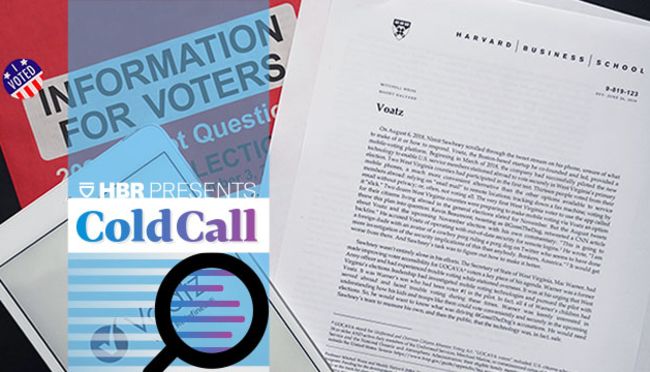
- 13 Oct 2020
- Cold Call Podcast
Can Entrepreneurs Make Mobile Voting Easy and Secure?
Making voting more accessible through technology could have tremendous payoffs for democracy—but also pose critical downsides if the product fails. Mitch Weiss, who teaches a course on public entrepreneurship, discusses his case study on Voatz and their plan to turn mobile phones into voting booths. Open for comment; 0 Comments.
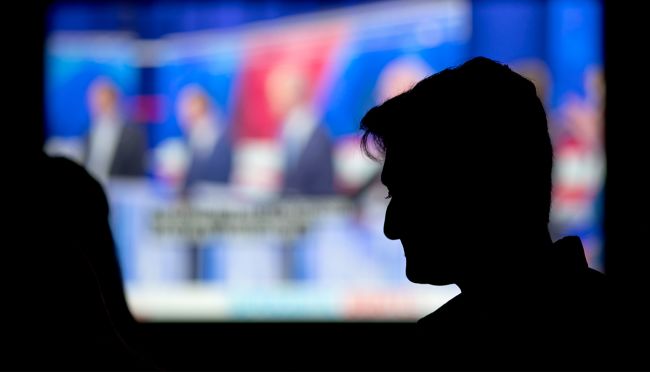
- 21 Nov 2019
- Research & Ideas
Do TV Debates Sway Voters?
As Democratic presidential candidates face off at the podium, Vincent Pons reports that TV debates don’t influence voters. Open for comment; 0 Comments.

- 17 Oct 2019
- Working Paper Summaries
Persuasion by Populist Propaganda: Evidence from the 2015 Argentine Ballotage
This paper studies data generated prior to the 2015 Argentine presidential ballotage, when a government propaganda campaign was used to attack the opposition candidate and influence voter preferences. Results show the propaganda was persuasive.

- 15 Oct 2019
- Working Paper Summaries
Vote Choice Formation and the Minimal Effects of TV Debates: Evidence from 61 Elections in 9 OECD Countries
This study of 61 elections around the world finds that vote choices aggregate a lot of information obtained during the electoral season, but the contribution of TV debates to this process is negligible.
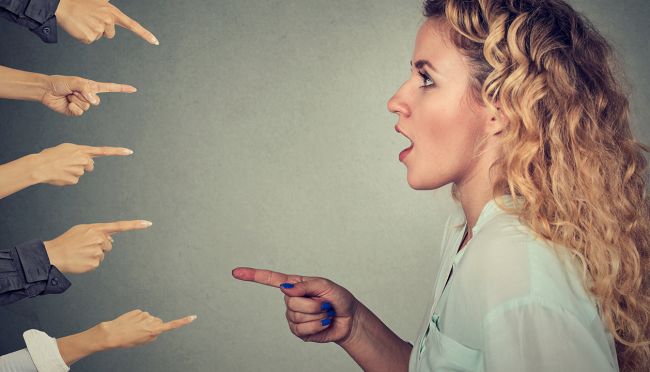
- 04 Sep 2019
- Research & Ideas
'I Know Why You Voted for Trump' and Other Motivation Misperceptions
We often make knee-jerk assumptions about what motivates other people’s choices, a bad habit both in the political and business worlds. Kate Barasz explains what we can do about it. Open for comment; 0 Comments.
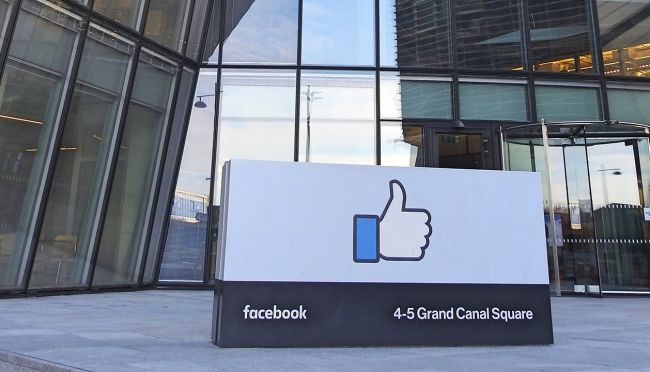
- 27 Jul 2019
- Op-Ed
Does Facebook's Business Model Threaten Our Elections?
America's 2016 presidential election was the target of voter manipulation via social media, particularly on Facebook. George Riedel thinks history is about to repeat itself. Open for comment; 0 Comments.

- 03 Mar 2019
- Working Paper Summaries
Strict ID Laws Don’t Stop Voters: Evidence from a U.S. Nationwide Panel, 2008–2016
Evidence on the consequences of strict ID laws adopted between 2008 and 2016 shows no significant negative effect on registration or turnout overall or for any subgroup defined by age, gender, race, or party affiliation. ID requirements had no significant effect on actual or perceived fraud, either.
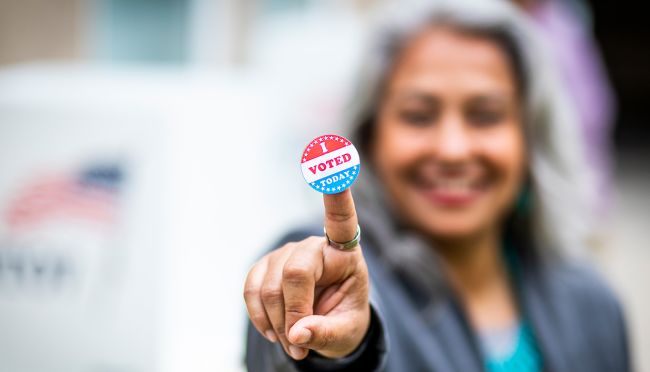
- 21 Feb 2019
- Research & Ideas
Voter ID Laws Don't Work (But They Don't Hurt Anything, Either)
Voter ID laws are often proposed as an antidote to election fraud. There's just one problem, according to Vincent Pons. They don't work. Open for comment; 0 Comments.

- 28 Sep 2018
- Working Paper Summaries
Rankings Matter Even When They Shouldn't: Bandwagon Effects in Two-Round Elections
Results of the French parliamentary and local elections since 1958 show that candidates ranked higher in the first round are more likely to stay in the race for the second round and win it. Arriving first instead of second and second instead of third increases winning by 5.8 and 9.9 percentage points, respectively.
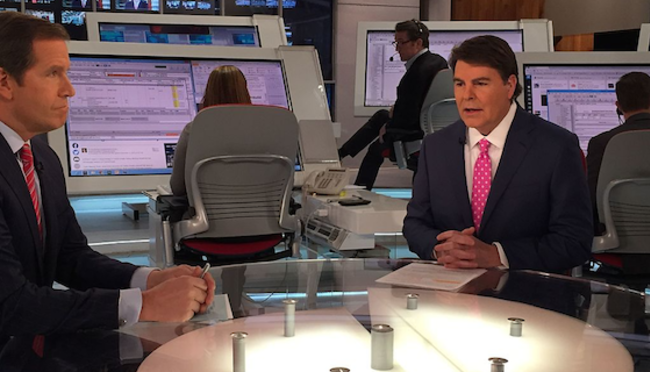
- 09 Oct 2017
- Research & Ideas
Fearing Fox News, Democratic-leaning Companies Delayed Negative Announcements
Jonas Heese and Vishal P. Baloria explore strategies used by companies to reduce the risk of potentially negative press, focusing on Fox News and the 2000 presidential election. Open for comment; 0 Comments.

- 14 Jun 2017
- Working Paper Summaries
Expressive Voting and Its Cost: Evidence from Runoffs with Two or Three Candidates
This paper highlights the motivations and consequences of citizens voting for lower-ranked candidates in elections held under plurality rule. Findings show that a large fraction of voters are what the authors call expressive. Expressive voters vote for their favorite candidate even if it causes the defeat of their second-best choice.

- 11 Jan 2017
- Working Paper Summaries
Populism and the Return of the 'Paranoid Style': Some Evidence and a Simple Model of Demand for Incompetence as Insurance Against Elite Betrayal
Two themes emerging from studies of populist discourse have been “betrayal” and disdain for scientific or technical competence as traditionally embraced by elites. This paper connects betrayal and competence to examine why voters sometimes choose the less competent candidate.
- 09 Nov 2016
- Op-Ed
6 Lessons from Donald Trump's Winning Marketing Manual
Donald Trump's upset election win offers six lessons for marketers looking to beat the odds and overcome powerful competitors, says John A. Quelch. Open for comment; 0 Comments.
- 02 Sep 2016
- Op-Ed
The Twitter Election
Twitter is emerging as one of the most important players in the 2016 presidential election, write John Quelch and Thales Teixeira. But does it have the power to determine which candidate will win? Open for comment; 0 Comments.
- 07 Jun 2016
- Op-Ed
Can Brand Trump Win a Presidency?
Brand Trump has been used to market hotel rooms, ties, and an airline. Can it be extended to win the presidency? Marketing Professor John A. Quelch wonders if the message (and the messenger) is already growing thin. Open for comment; 0 Comments.
- 02 May 2016
- Research & Ideas
Why People Don’t Vote--and How a Good Ground Game Helps
Recent research by Vincent Pons shows that campaigners knocking on the doors of potential voters not only improves overall turnout but helps individual candidates win more of those votes. Open for comment; 0 Comments.

- 21 Apr 2016
- Working Paper Summaries
The Perils of Building Democracy in Africa
Results from a text messaging experiment conducted before the 2013 National Election in Kenya show that basic information provided via short message service (SMS) resulted in small turnout increases but had a large effect on attitudes towards electoral institutions.

Why Progress on Immigration Might Soften Labor Pains
Long-term labor shortages continue to stoke debates about immigration policy in the United States. We asked Harvard Business School faculty members to discuss what's at stake for companies facing talent needs, and the potential scenarios on the horizon.